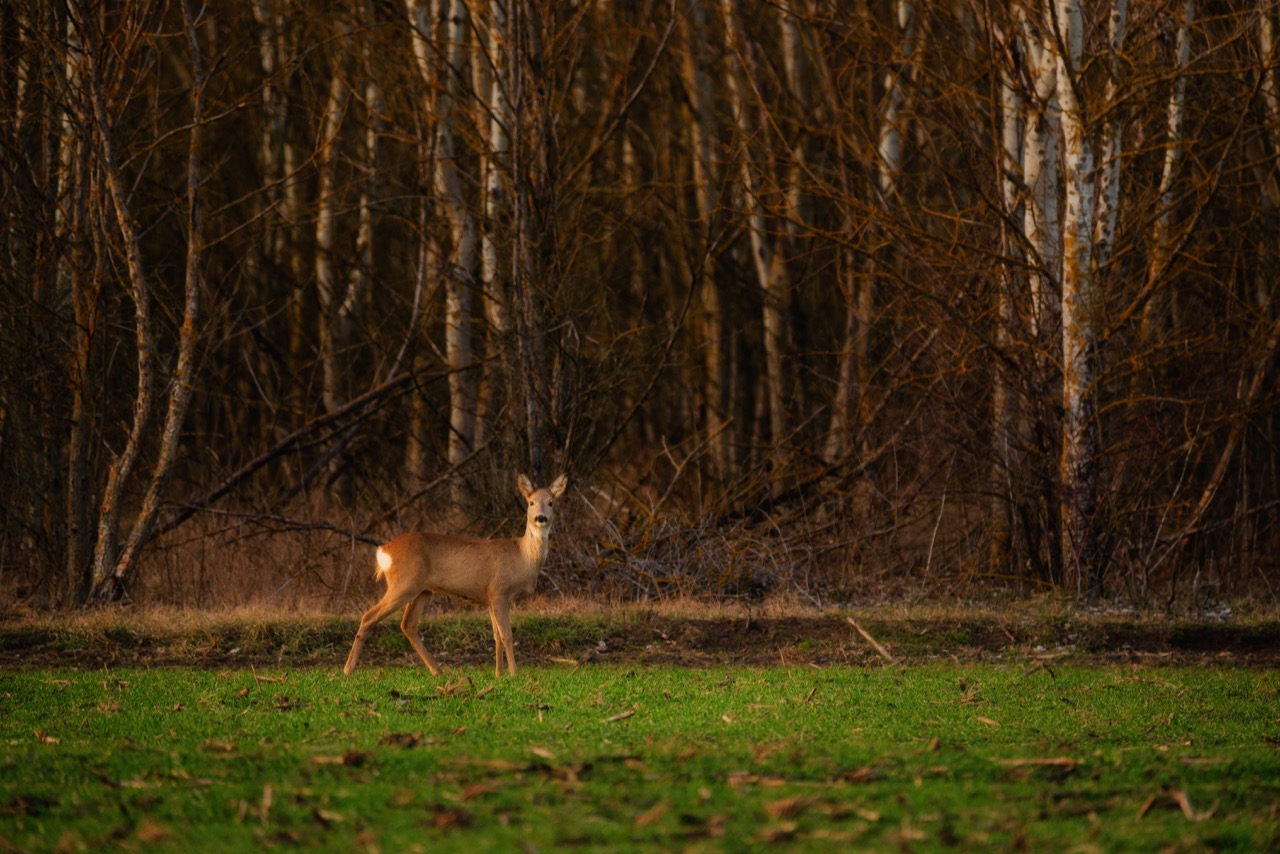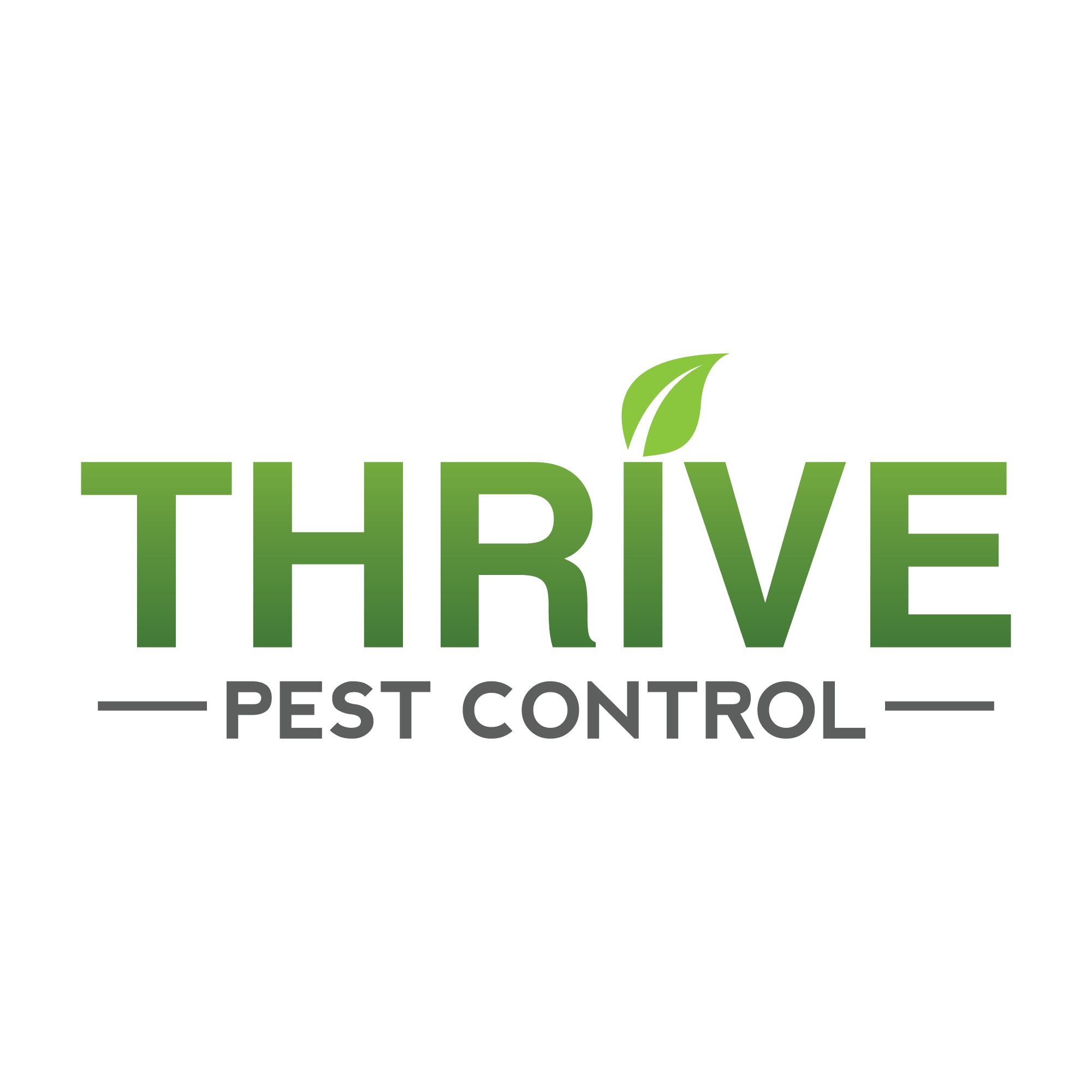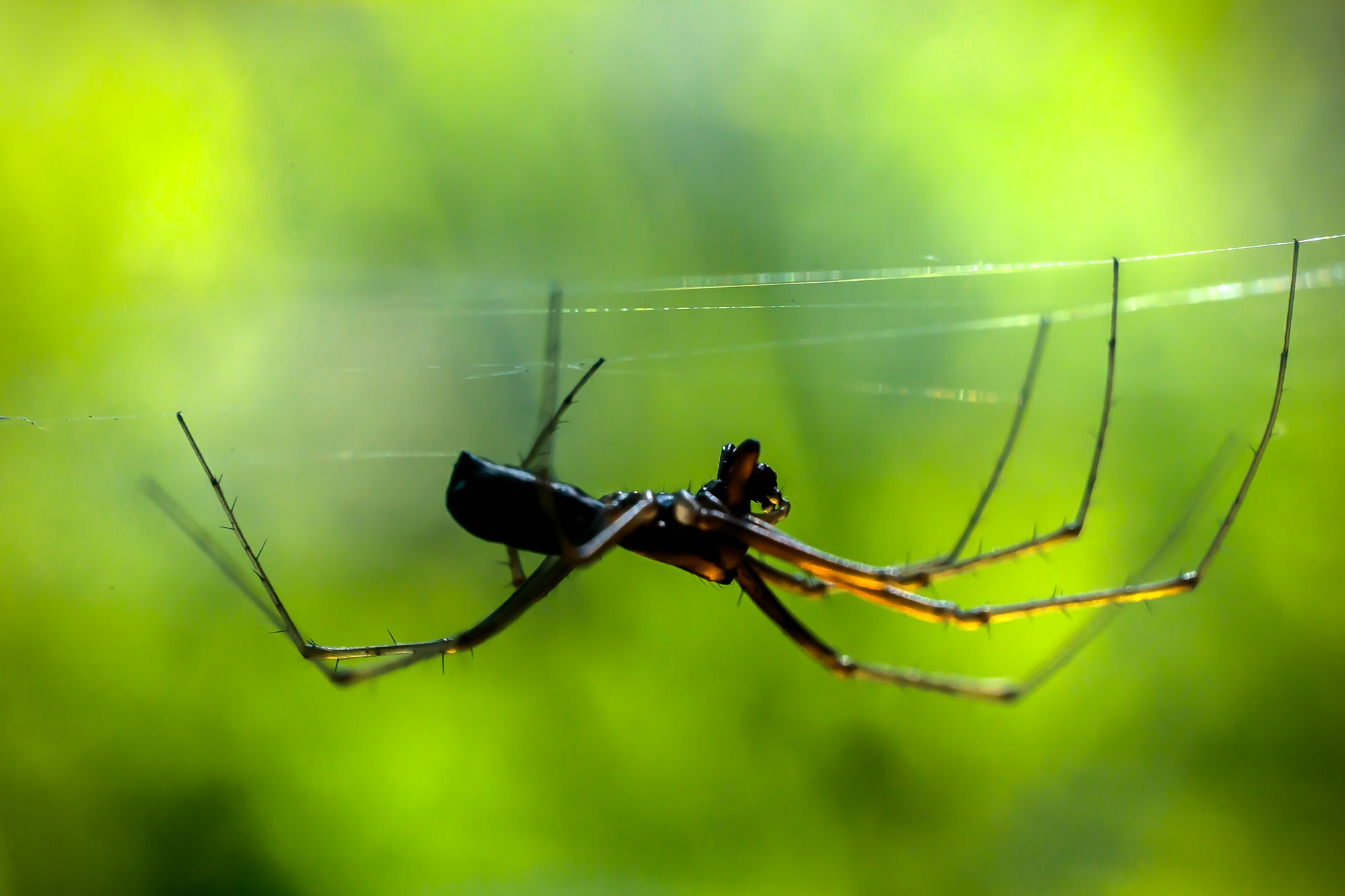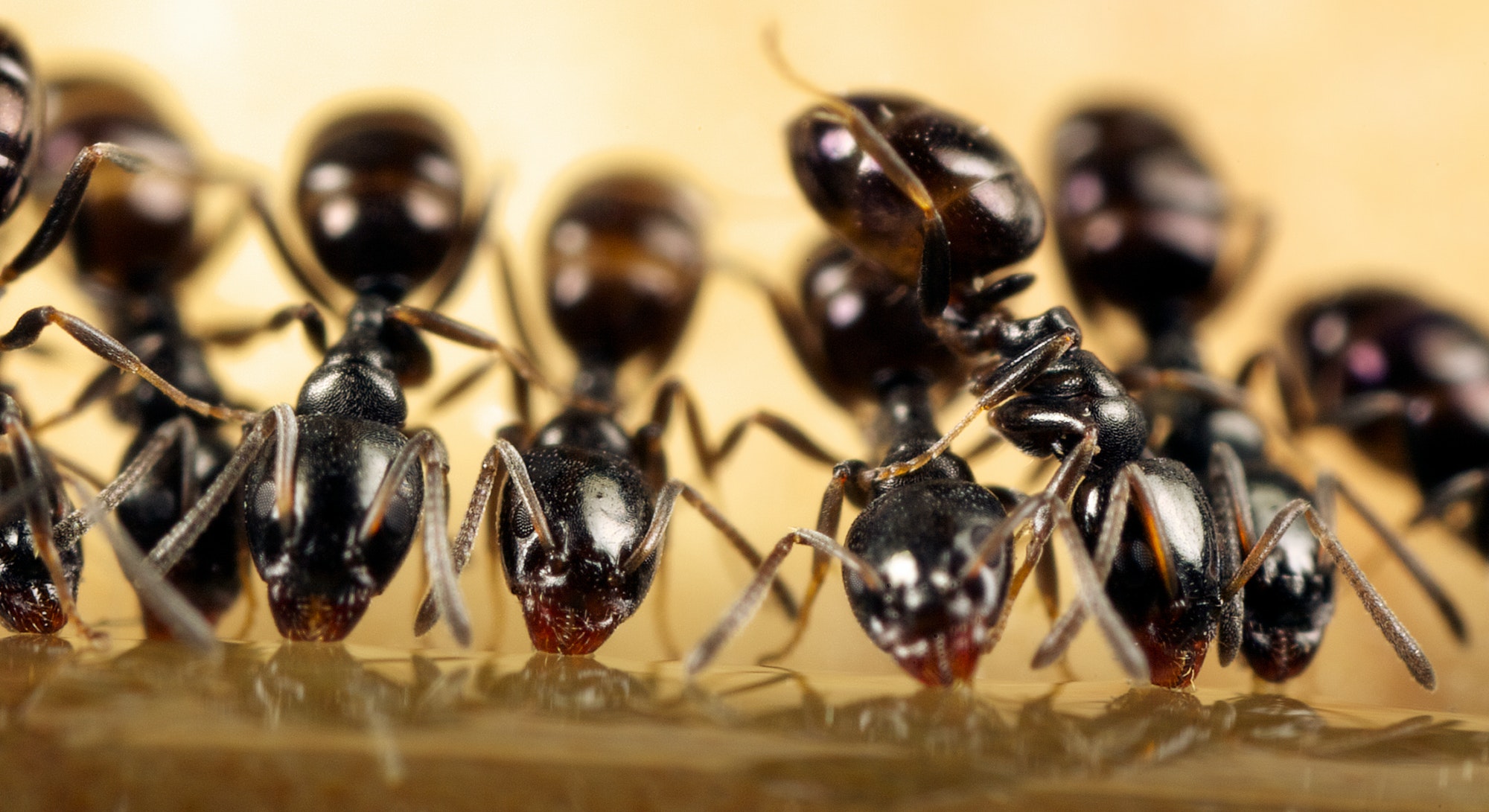How To Keep Deer From Eating Your Flowers
Throughout the United States, deer are feeding on residential gardens and flowers. This may not seem like a problem at first, but after your hard work and money goes to waste you will see their destructive nature. There are several ways to repel deer away from your outdoor plants. There are methods such as: choosing plants that deer do not frequently eat, placing bar soap near outdoor plants, scattering human hair around outdoor plants, applying the deer-repellent spray to outdoor plants, adding a motion sensor to your plants, and a couple more.
The obvious method to repel deer is to choose plants that are not prone to attracting groups of deer. Generally speaking, it’s a good idea to pick prickly and fuzzy plants. According to “6 Ways to Stop Deer from Eating Your Outdoor Plants “, “And, they don’t really like heavily fragranced plants, either.” It is recommended that you try out different flowers and see if they suit you. But of course, it is not expected that everyone foregoes their personal preferences for a lack of deer. There are also more interesting methods.

Moving forward to the second method of repelling deer from your outdoor plants, “…many Utah gardeners turn to ordinary bar soap” (6 Ways). According to the article, some people believe that the soap is presented as a foul odor to the deer. The traditional method is to place a few bars of soap on the edge of your garden; however, this method may fail. There are other methods as well.
On a stranger note, there is a more blizzard method stated by the article; this article states, “Ask your barber or hairdresser for some clippings” (6 Ways). Much like the soap, the human hair odor is not pleasant to the deer. You do not necessarily need to scatter the hair; you may stuff hair into pantihose and hang them around your garden (6 Ways) If these methods are not for you, you may also try the deer-repellant spray.
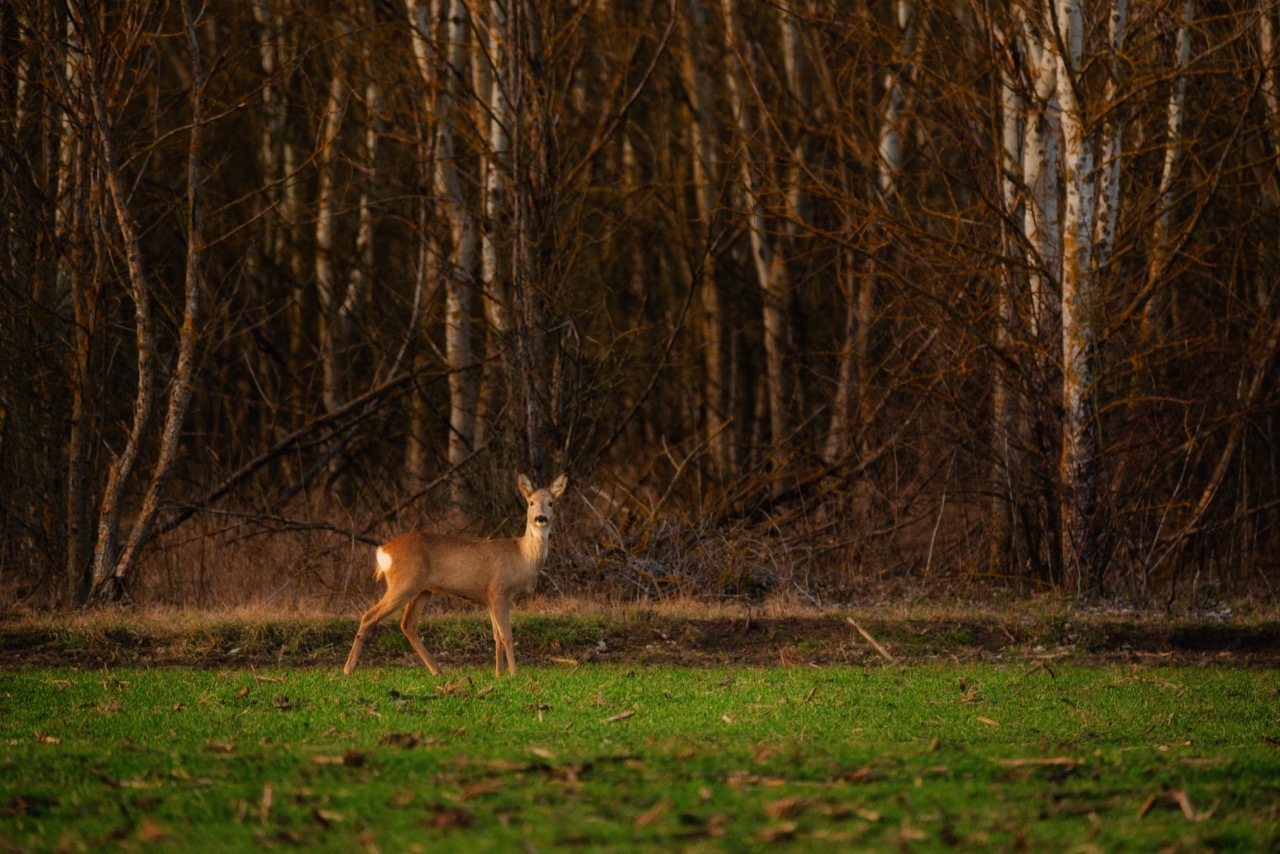
This spray can be purchased from many commercial brands, for example, at Walmart or Lowes.
If you prefer a more natural method, the spray can also be made at home. The article states, “Customers have reported having success with various blends of eggs, hot sauce, garlic, and clove oil” (6 Ways). Similar to the flowers and hair, a foul and potent smell is necessary for deterring deer from your plants.
The potential issue with this method is the foul smell may carry over to your visitors and family. Therefore, there are more advanced methods such as motion sensors and lights.
Deer are frightened by the bright, sudden light. A motion sensor would replicate this encounter and cause the deer to vacant the property. These lights can be solar or motion powered (6 Ways). Unfortunately. The article reports that deer quickly become aware that these repetitive and silent lights are no threat. This trick becomes obsolete unless of course, “a motion-triggered device that squirts water or turns on a live radio broadcast” (6 Ways). Although this is a clever design, it is more than likely not going to be applied to a real scenario. Finally, there is one final method that you can employ with harming the deer.
The article finally states, “A physical barrier is considered to be the most effective method for keeping deer from eating up the landscape.” This includes things such as fences; be aware that deer can also jump eight feet high and reportedly much higher on a slope. The article recommends a stockade fence. Fencing can be pricey, however, therefore you may choose a more affordable option.
In conclusion, these are a majority of the proven methods to deter deer from your outdoor garden and flowers. It would make sense that a combination of these methods would work well together. This would present a less desirable meal for the deers and allow your flowers to grow and prosper.
Author: Christian Bragga
University of Missouri - Columbia
Works Cited
- “6 Ways to Stop Deer from Eating Your Outdoor Plants.” Millcreek Garden, 19 Sept. 2017, www.millcreekgardens.com/6-ways-to-stop- deer-from-eating-your-outdoor-plants/#:~:text=Choose a brand with a, keep the deer at bay
